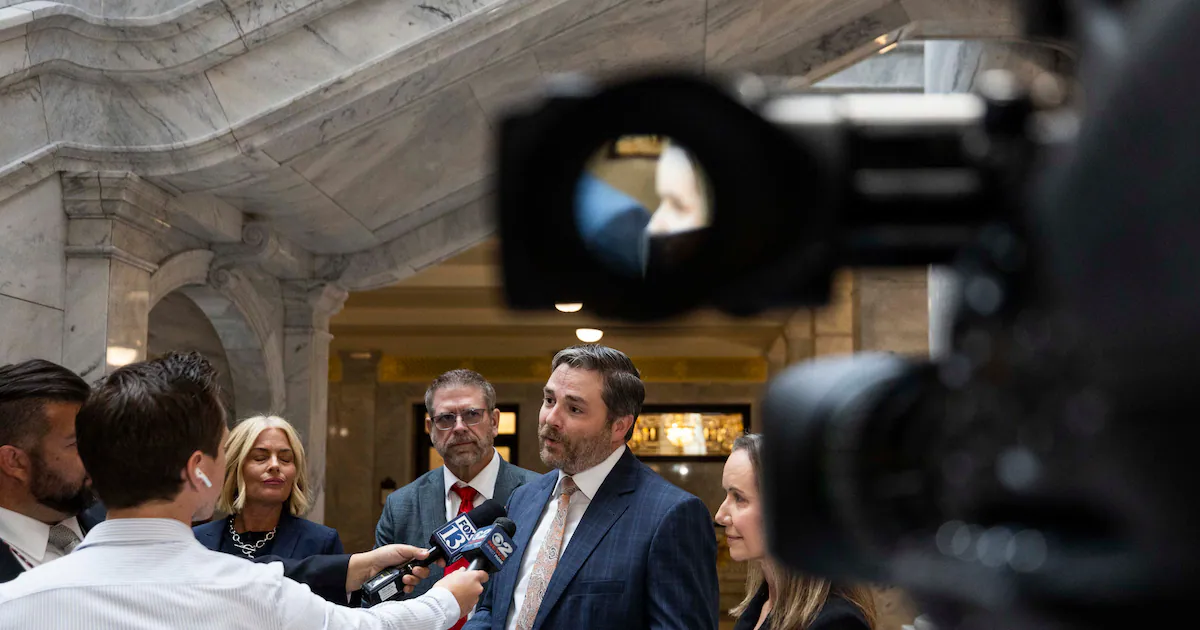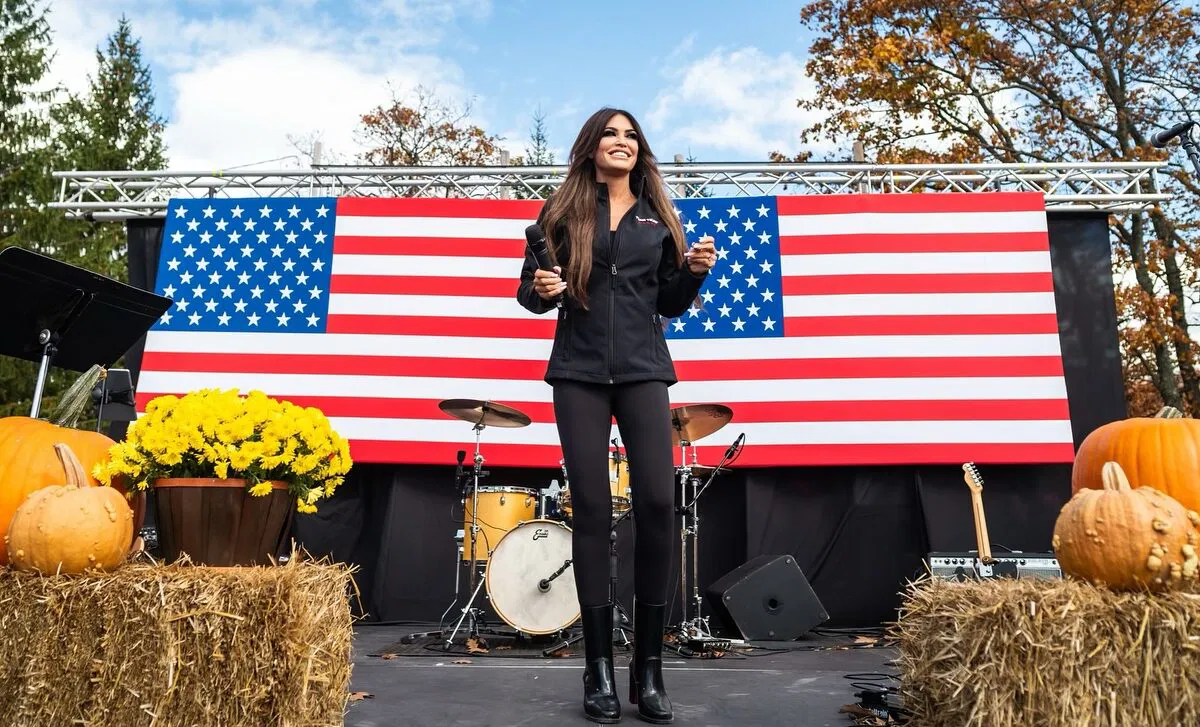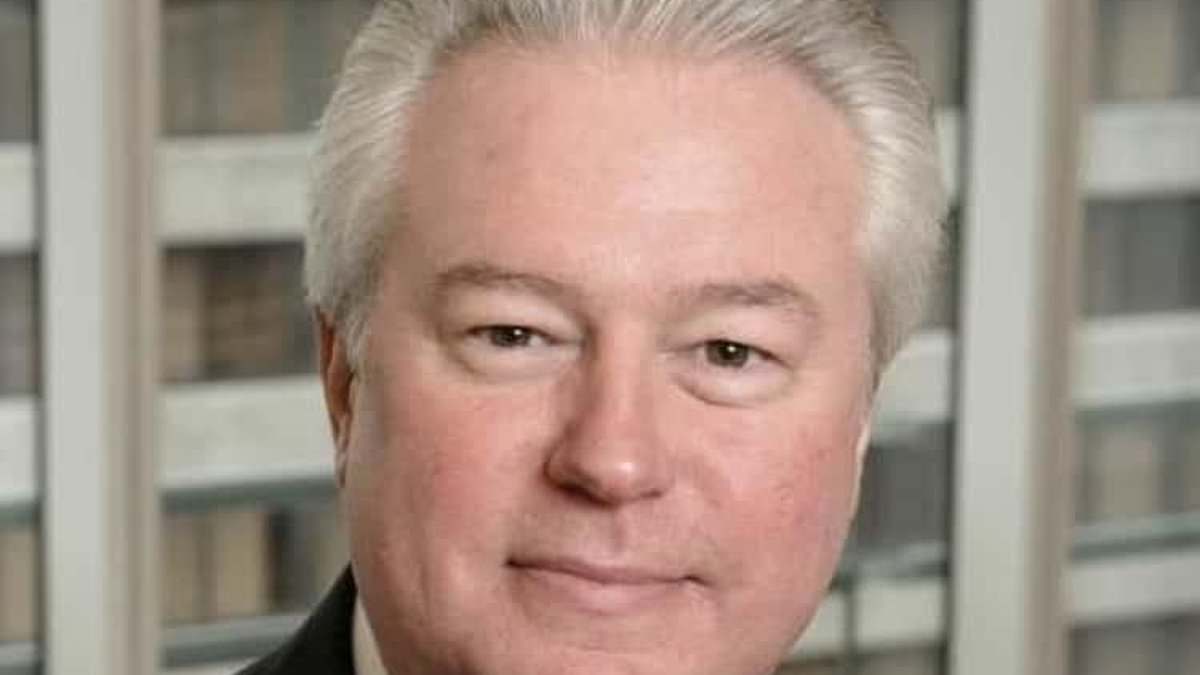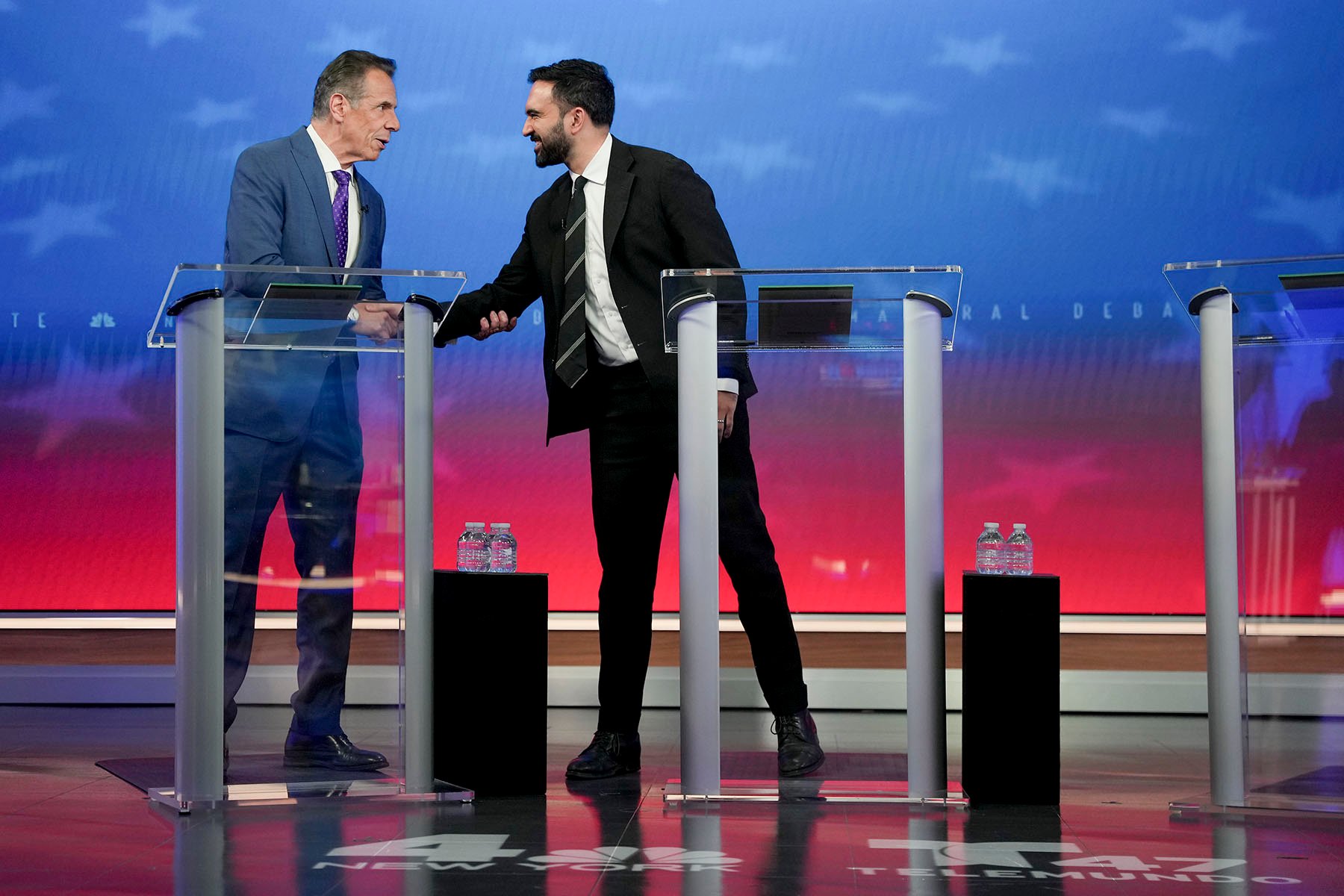Copyright Salt Lake City Deseret News

Utah Republican Party chair Rob Axson said the GOP has abandoned plans to hold a referendum on the state’s newly proposed congressional map, and will focus its efforts on repealing the state’s “Proposition 4″ redistricting law through a ballot initiative. A referendum gives voters the chance to undo a law shortly after it is passed. An initiative allows voters to approve new legislation independent of the Legislature. In this case, the GOP wants to give voters the chance to change state code to strike out the same language Utahns narrowly approved in 2018. “We firmly believe that we are right on this issue, specifically, that representative government is the best form of government that we have,” Axson told the Deseret News. “We’ll stand up, and we’ll defend that all day long and promote a return to those representative principles.” The GOP’s campaign to challenge the so-called Better Boundaries initiative, which outlined redistricting requirements and created a map-drawing commission, is just the latest wrinkle in a winding legislative and legal saga that is expected to continue even after a judge rules on a new map sometime before Tuesday. At the root of the disagreement is whether the Legislature fulfilled its electoral responsibility or violated the will of the people by side-stepping the Proposition 4 law in 2021, and whether the courts have authority to tell lawmakers how to exercise a function assigned to them in the state constitution. Several prominent Republican leaders in the state, including Utah Sen. Mike Lee, and Attorney General Derek Brown, have signed their names onto the initiative which rests on the belief that the inevitably political task of drawing electoral boundaries should be left to locally-elected lawmakers. However, the GOP’s campaign to launch both a referendum and an initiative quickly hit a number of roadblocks, leading sponsors of the effort to give up on gathering signatures for a referendum and to focus on getting Proposition 4 on the ballot again for the November 2026 election. What happened to the GOP’s referendum? On Oct. 14, state GOP chair Rob Axson submitted two applications: one for a referendum on “Map C” passed by the Legislature a week earlier, and another for an “indirect” initiative, asking the Legislature to eliminate the law created by the 2018 Better Boundaries initiative. The Better Boundaries initiative prohibited partisan gerrymandering that disproportionately benefited one party, outlined requirements for redistricting like minimizing the division of municipalities and created an independent commission to recommend congressional maps every 10 years. Plaintiffs in the state’s redistricting lawsuit quickly filed a complaint against the GOP, arguing that to give the Legislature a second chance at discarding this law, known as Proposition 4, would violate the same constitutional rights identified by the Utah Supreme Court last year. The complaint established a legal timeline making it nearly impossible to gather the requisite 70,500 signatures by Nov. 15, Axson told the Deseret News, and pushed sponsors to switch to a “direct” initiative, giving them until Feb. 14 to gather 141,000 signatures. Originally, the GOP had planned to gather signatures for the referendum and the initiative at the same time, Axson said, cutting costs in half, and setting the stage to retain Utah’s current congressional map if lawmakers repealed Proposition 4 before voters weighed in on the new map in November. But once the deadline for the indirect initiative became unfeasible, Axson said they decided to go all-in on challenging Proposition 4 in the same way it was originally approved, and chose to forgo signature-gathering for a referendum on the new congressional map passed by lawmakers last month. “The initiative is, always has been, and always will be our focus,” Axson told the Deseret News. To provide clarification about the initiative the GOP is going out of its way to provide double the number of public hearings required under law. They hosted seven, in seven different regions of the state, on Nov. 3, and will do so again on Monday. The party will begin gathering the 140,748 required signatures next week, with the help of as many volunteers as possible, and a conservative signature-gathering firm, Patriot Grassroots, Axson said. These signatures must be submitted to county clerks by Feb. 14. Axson did not say how much money the party planned to raise for this effort, but he said “there’s interest in and outside of Utah on this issue.” This interest appears to extend to the White House. On Oct. 20, Donald Trump Jr. posted a link to a Patriot Grassroots recruitment form for the Utah GOP. Why is the GOP still challenging Prop 4? Utah’s redistricting fight stands out from other map-drawing battles taking place across the country. Unlike the mid-cycle efforts to increase partisan advantage in Texas and California, Utah is undergoing a process of finding the proper checks and balances between branches of government. On this point Elizabeth Rasmussen, the executive director of Better Boundaries, and Axson agree. Where they diverge is on whether the Legislature acted out of turn by rewriting the statutory language put in place by Proposition 4, or whether it is the courts that overstepped by forcing the Legislature to follow the initial version of the initiative. Now, according to Rasmussen, the GOP is trying to find yet another way to stop lawmakers from following through with the 2018 law — which voters have yet to see truly take effect because of Republican opposition. Rasmussen said her group resists the GOP’s effort because of “policy, not process.” “We don’t have an issue with voters using the initiative process,” Rasmussen said. “What’s disappointing is seeing leaders try to reverse those reforms before the system even has a chance to work. We believe the reforms Utahns supported should be given a fair chance to be implemented.” In 2021 and in 2025, the Legislature attempted to work around Proposition 4, Rasmussen says, to split up Democratic strongholds in Salt Lake County, leaving no competitive congressional seats even though one-fourth to one-third of residents vote Democratic in presidential elections. Utah voters will now have a second opportunity to speak in favor of independent redistricting standards that “keep the process fair,” Rasmussen said, and by doing so ensure that redistricting is more transparent, collaborative and free from political gamesmanship. A Deseret News-Hinckley Institute of Politics poll conducted in October found that a plurality, but not a majority, of Utah voters continue to support Proposition 4, with 44% of respondents saying they would support a similar proposal on the ballot again, 20% saying they would oppose it and 36% saying they did not know. The Republican Party’s view, according to Axson, is that Proposition 4 not only handicaps the Legislature’s ability to draw political boundaries without court oversight, but it also introduces unfair advantage for Democrats by likely creating a blue-leaning district. Democrats currently make up less than 14% of registered voters in the state, while Republicans make up nearly 53%, Axson pointed out. Instead of metrics of partisan symmetry, Axson supports the Legislature’s focus on drawing maps to include a split of rural and urban areas. “If Democrats want to see that change, they should engage in earning the trust and respect of the people of Utah and representing the people of Utah instead of demanding that Utahns abandon, by and large, their core principles in order to feel at home within the Democrat Party,” Axson said.



